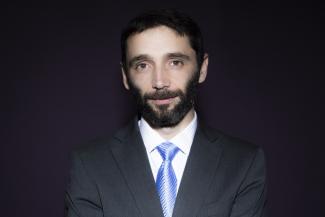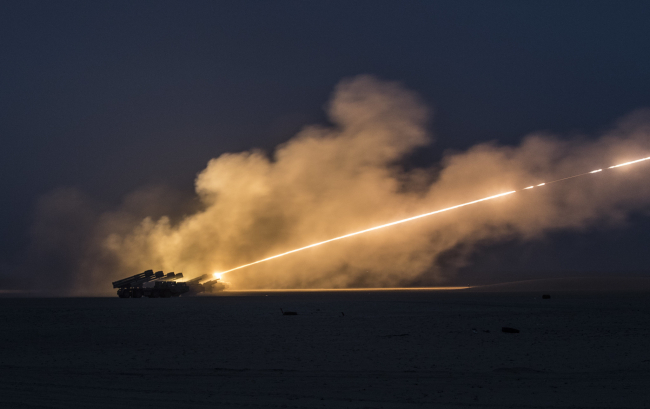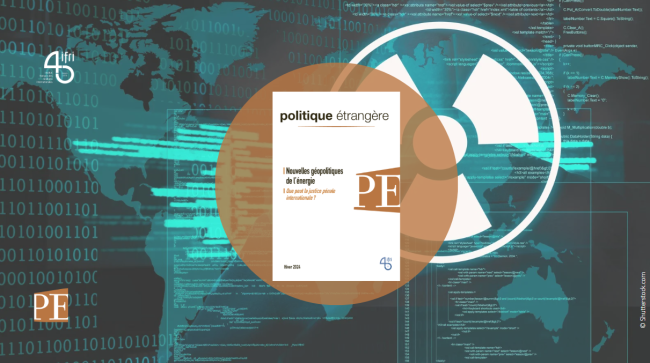Collective Collapse or Resilience? European Defense Priorities in the Pandemic Era
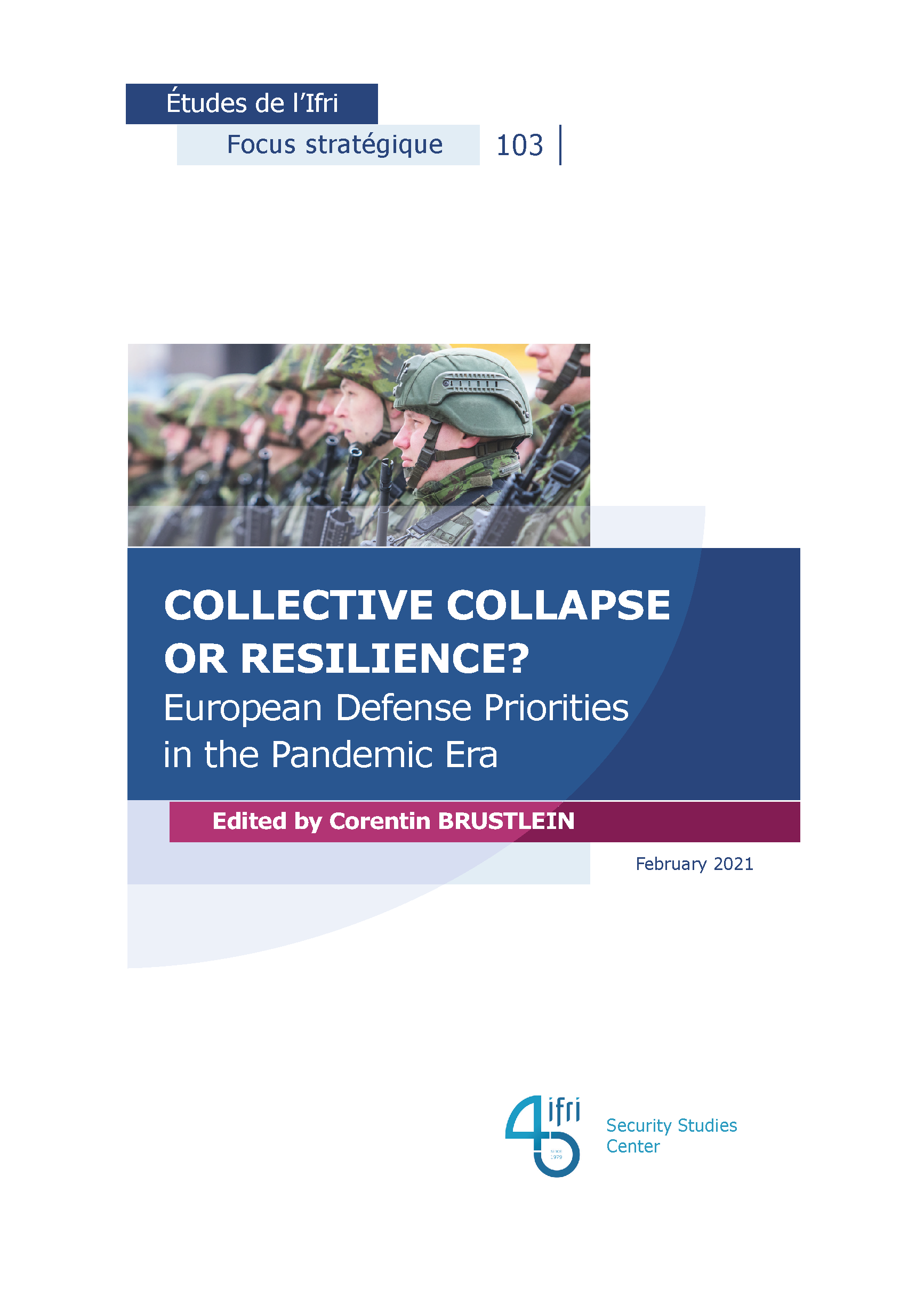
To what extent has the COVID-19 pandemic affected defense priorities across Europe?
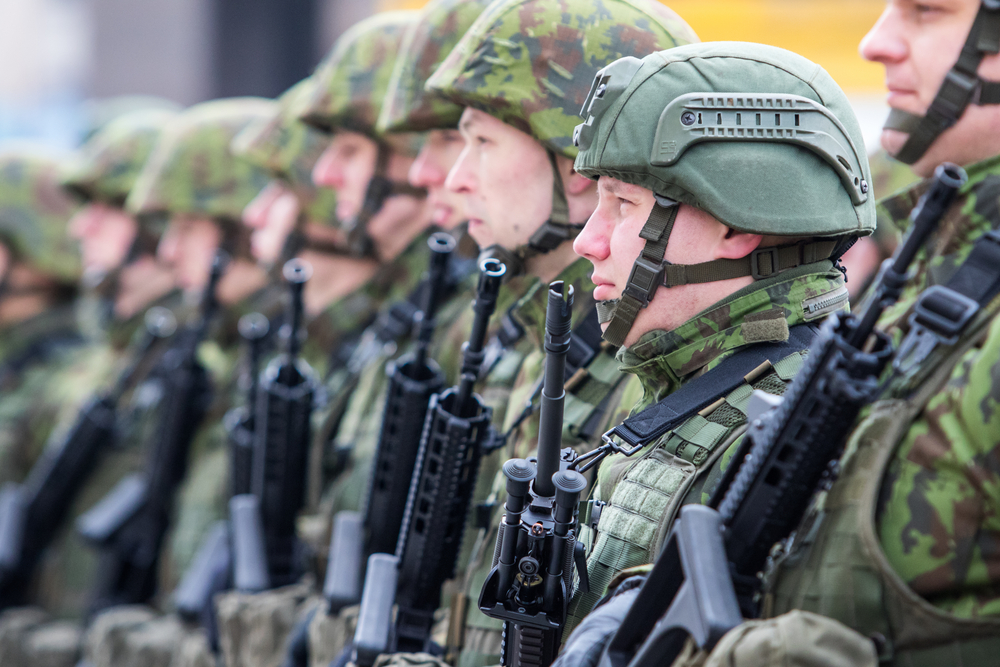
When the pandemic reached its cities, Europe was already under severe internal and external stress. By throwing the continent and the world into an unprecedented economic crisis while security challenges abound, the pandemic has exposed Europe to a risk of irreversible loss of capacity for collective action, hampering its influence and control over its regional areas of interest.
One year after, this report provides a comparative assessment of the impact of the pandemic on the foreign and defense policies and spending levels of ten different European countries. It not only aims at assessing the immediate impact of the pandemic on the defense posture of each country but more importantly at mapping in which areas the pandemic did or might prove disruptive for European defense priorities, whether directly or indirectly. Although uncertainty remains about the long-term effects of the current crisis, the different case studies highlight that, contrary to the most pessimistic scenarios, the pandemic has so far had a relatively modest impact on defense and security policies.
Monitored European countries have so far shown resilience in their individual and collective responses to the crisis. If anything, changes brought by the pandemic are less striking than the continuity observed in most cases when it comes to foreign and defense policies, from stated levels of ambition to defense spending plans. It is, however, unclear how enduring this resilience can prove in the longer-term in the face of disruptive developments such as new variants of the virus, sweeping domestic political developments in Europe, radical changes in the US commitment to European security, or an intensified strategic competition in Europe’s neighborhood and beyond it.
Download the full analysis
This page contains only a summary of our work. If you would like to have access to all the information from our research on the subject, you can download the full version in PDF format.
Collective Collapse or Resilience? European Defense Priorities in the Pandemic Era
Related centers and programs
Discover our other research centers and programsFind out more
Discover all our analyses
RAMSES 2024. A World to Be Remade
For its 42nd edition, RAMSES 2024 identifies three major challenges for 2024.
A Transatlantic Defense Industrial Base? Two Contrasting Views
The evolving landscape of global defense cooperation has brought the transatlantic relationship between the United States (US) and Europe into sharp focus. As geopolitical tensions rise and the threat environment becomes more complex, the question of how Europe can best ensure its security while navigating its relationship with the United States has become paramount. This double feature report offers two contrasting views on the dynamics of US-Europe defense industrial relations, highlighting the challenges and opportunities that lie ahead for both parties.
Deep Precision Strikes: A New Tool for Strategic Competition?
Reaching deep into the enemy’s system to weaken it and facilitate the achievement of operational or strategic objectives is a key goal for armed forces. What capabilities are required to conduct deep strikes in the dual context of high-intensity conflict and strengthened enemy defenses?
From Cuba to Ukraine: Strategic Signaling and Nuclear Deterrence
Strategic signaling—the range of signs and maneuvers intended, in peace time, to lend credibility to any threat to use nuclear weapons—is back.








